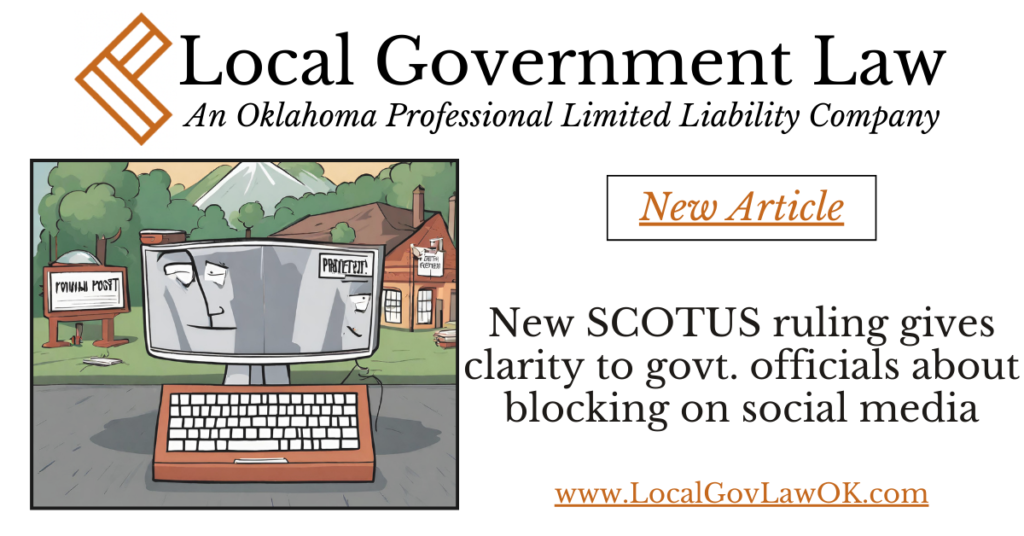Too Many Requests from Your Network
Please complete verification to access this content.
Local elected officials play a pivotal role in their communities, serving as the bridges between public needs and government actions. In this role, they often find themselves navigating a delicate balance between ethical considerations and the diverse opinions within their constituencies.
One of the core challenges faced by these officials is how to harmonize the values and ethics of their community with the responsibilities of their office. Here are some key aspects of this complex balancing act:
1. Valued Community Input: Local governments thrive on the principles of democracy, which emphasize the importance of community voices. Elected officials must actively engage with their constituents, gathering input, and considering their concerns and aspirations. This input can range from matters of public policy to the allocation of resources, and it often reflects the diverse needs and beliefs of the community.
2. Seeking Balance: While community input is essential, elected officials must also seek to find balance and compromise in the face of differing viewpoints. Not every decision will satisfy every constituent, and the challenge lies in finding solutions that serve the greater good of the community as a whole. This often involves making tough decisions that require thoughtful deliberation and an unwavering commitment to fairness.
3. Ethical Considerations: Local officials must uphold the highest ethical standards in their decision-making processes. This includes avoiding conflicts of interest, ensuring transparency, and maintaining accountability. Ethical conduct not only preserves public trust but also fosters a sense of fairness and justice within the community.
4. The Role of Mediation: In some cases, local elected officials serve as mediators, working to reconcile conflicting interests within their constituencies. This role requires patience, diplomacy, and the ability to facilitate constructive dialogue among community members.
5. Long-Term Vision: While elected officials must address immediate concerns, they also play a crucial role in shaping the long-term vision for their communities. This vision should be guided by ethical principles that prioritize the well-being of current and future generations.
In conclusion, local elected officials face an intricate challenge as they balance ethical considerations with the diverse perspectives within their communities. To succeed in this endeavor, they must actively engage with their constituents, seek compromise, uphold ethical standards, and work towards a harmonious and prosperous future for their locality. By doing so, they help build stronger and more resilient communities that reflect the values and aspirations of their residents.



